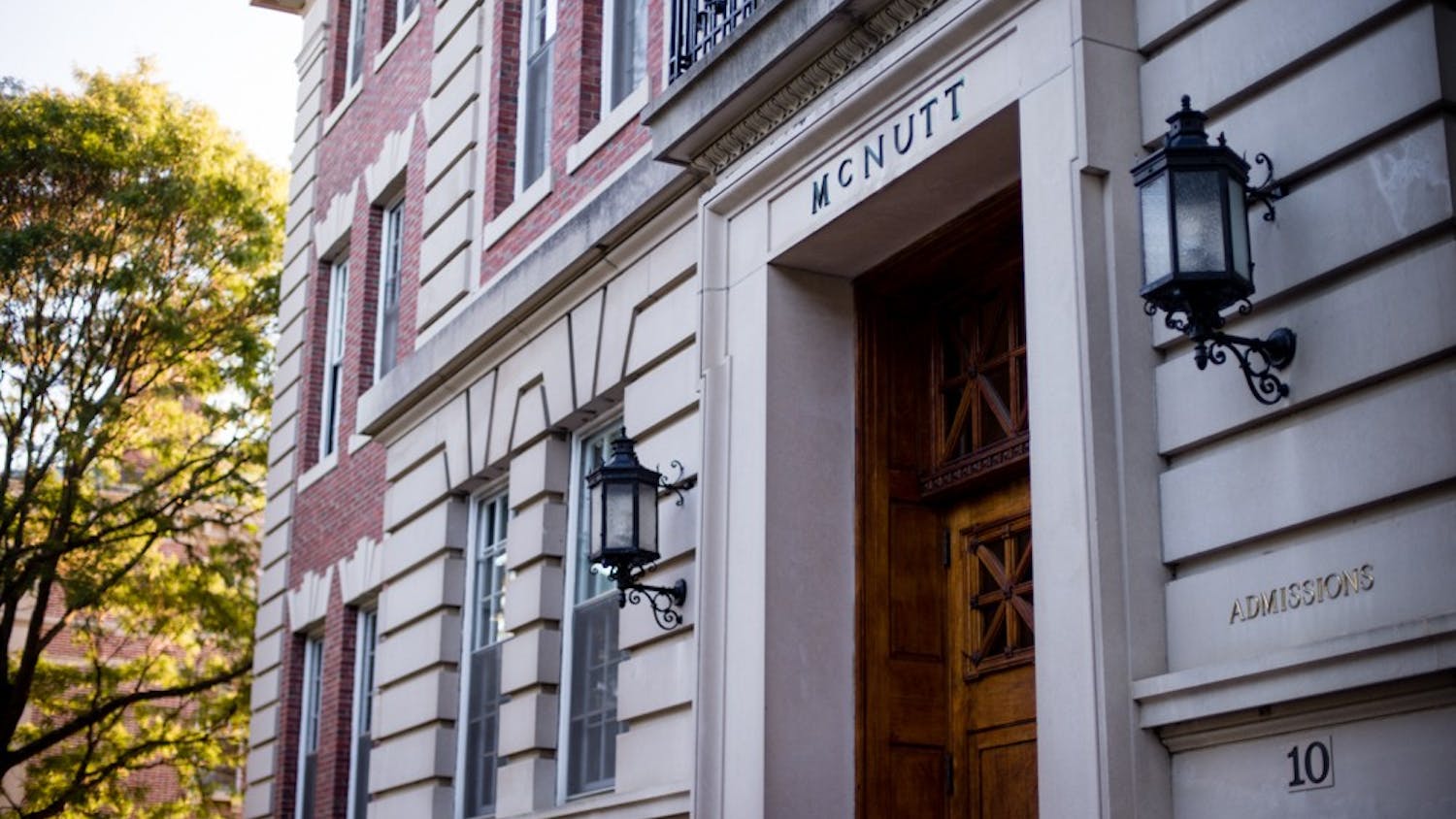On Sept. 20, The Dartmouth reported the demographics for the Class of 2023 and detailed how the admissions office uses a “holistic process.” The Dartmouth Opinion Staff responded.
How is this “holistic process” reflected in our community, if at all? Are there any missing aspects of the application that should be included or anything that should be taken out?
Though this holistic process creates diverse applicants, possibilities after graduation become less diverse when thinking about the types of jobs that Dartmouth students are generally attracted to, including consulting and investment banking.
-Lauren Pinchuk ’21
With only 45 percent of my class on scholarship for the $77,057 estimated cost of attendance, it’s pretty clear that students from very wealthy families make up a disproportionately large section of our class. The entire U.S. household median income doesn’t even cover the estimated cost of attendance. I find it difficult to believe that students from wealthy families are that much more gifted than students from more humble backgrounds. I applaud the admissions office for trying to admit more students who have struggled for access to both education and opportunity, but they have a long way to go before the process can be truly considered “holistic.”
-Ophelia Woodland ’23
Low admission rates and high yield rates do nothing for students; they are largely just tools for the school to show alumni that they are recruiting the best and brightest. The ’23s may be moderately “heterogeneous” — to use the admissions office’s phrasing — but only if you exclude consideration of household income from that assessment. It is misleading to claim that the admissions office has truly created a diversity of perspectives on this campus.
-Teddy Hill-Weld ’20
It is vital we remove the role that legacy holds in the application process. Dartmouth should be a community of inclusion and diversity, not one of connections, wealth and privilege. The notion that legacy is vital to create a Dartmouth “family” is misguided. Surely, if we want to build community, we should consider the unequal nature of offering legacy students a bump up in the admission process.
-Chantal Elias ’22
A diversity of backgrounds and experiences undoubtedly contributes to the classroom. Diversity of political opinions, however, is often overlooked. The campus would benefit from a more diverse range of political beliefs and a greater tolerance of those ideas. Political friction will illuminate campus.
-Emory Holzer ’22
It seems absurd to assess a student’s kindness from essays that are incredibly edited and polished and do not necessarily reflect a student’s tendency toward charitable action or good deeds. Although I can’t think of a way to remedy the situation, I believe that some part of the application is lacking. The letter of peer recommendation is a good step toward laying bare the essential aspects of a prospective student’s nature. After all, the impact we have on others (i.e. through relationships and participating in society) is a good way of measuring genuine kindness. With so many components of college applications requiring students to delve deep and introspectively scope out who they are, it is a welcome reprieve for all parties involved for an outside perspective to take the reign. It affords the student a break from soul searching and allows admissions officers to look at the student outside the confines of a mirror. And, unlike recommendation letters from teachers or coaches, a letter from a friend or sibling can speak for an applicant’s character out of the classroom and off the playing field — when there is no reason to impress and true character comes into play. Given the importance of the peer recommendation letter, we might want to assess what more the application can do to get a sense of kindness and morality.
-Gabrielle Levy ’22



